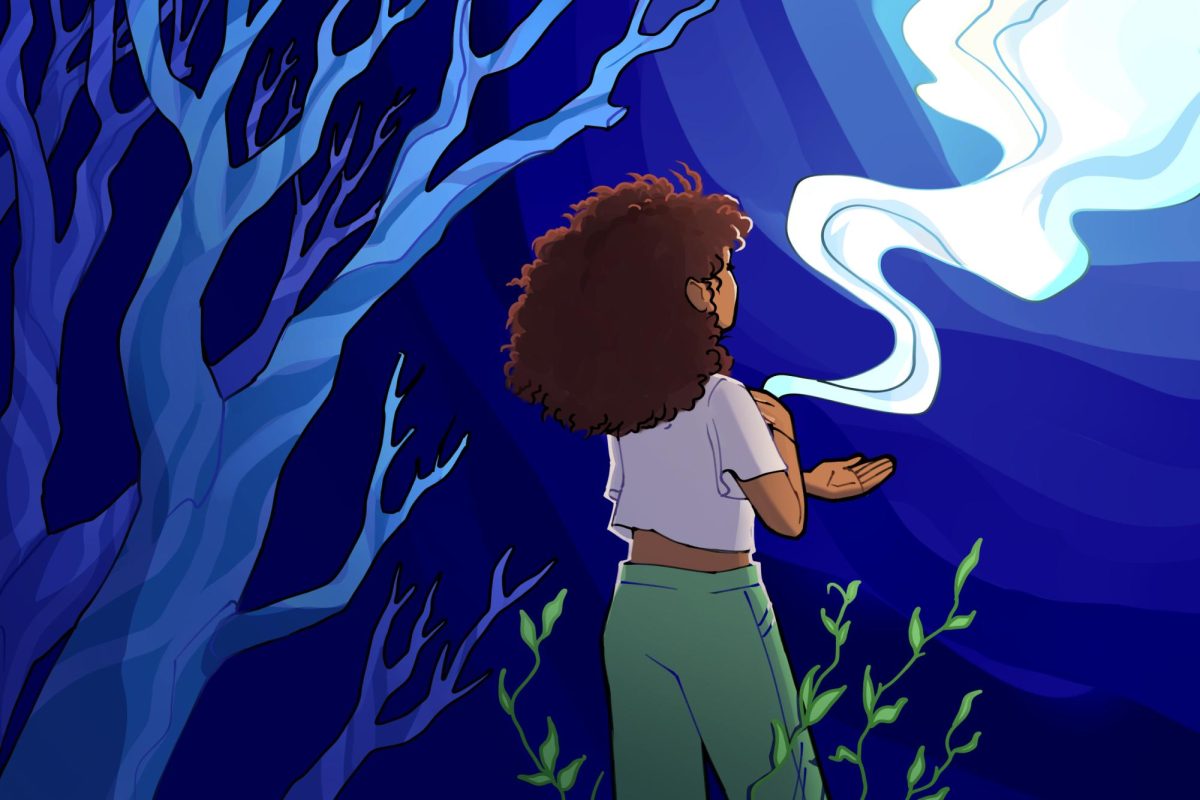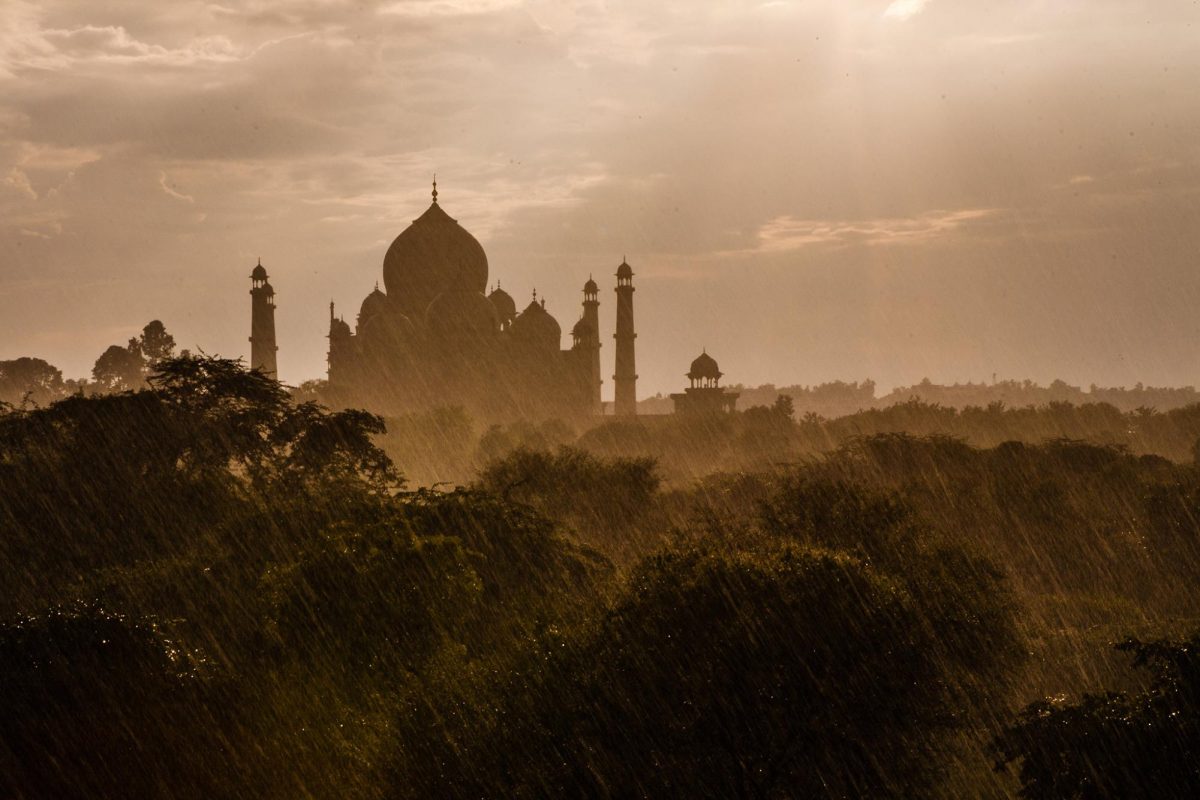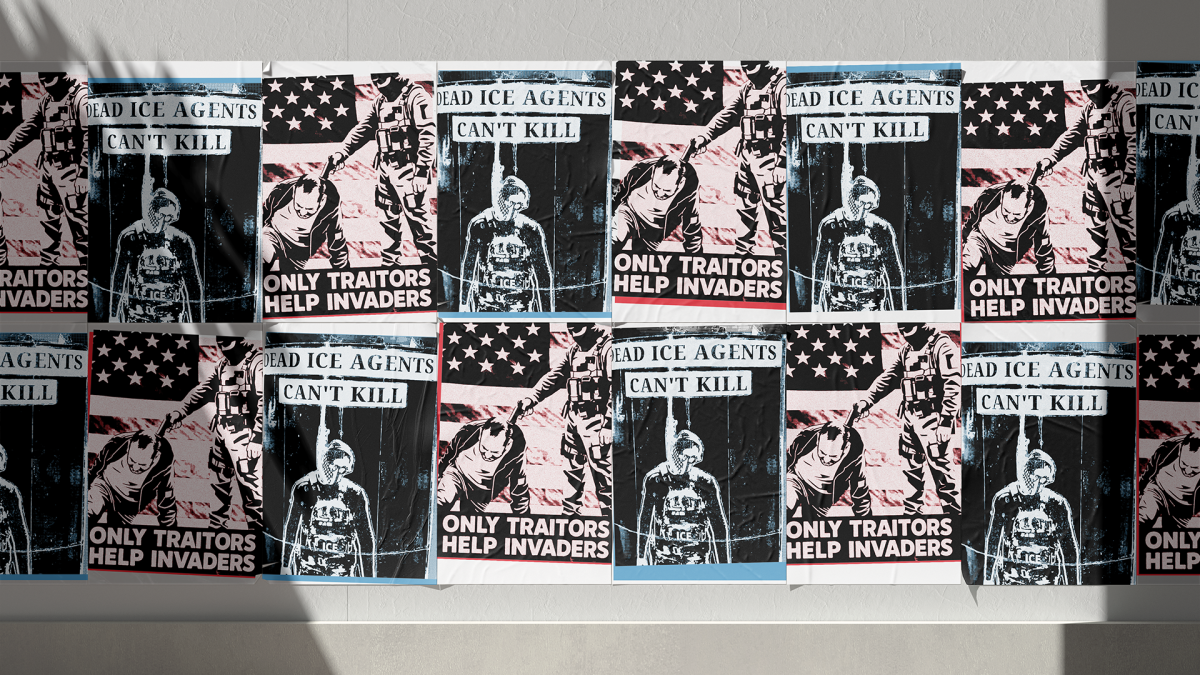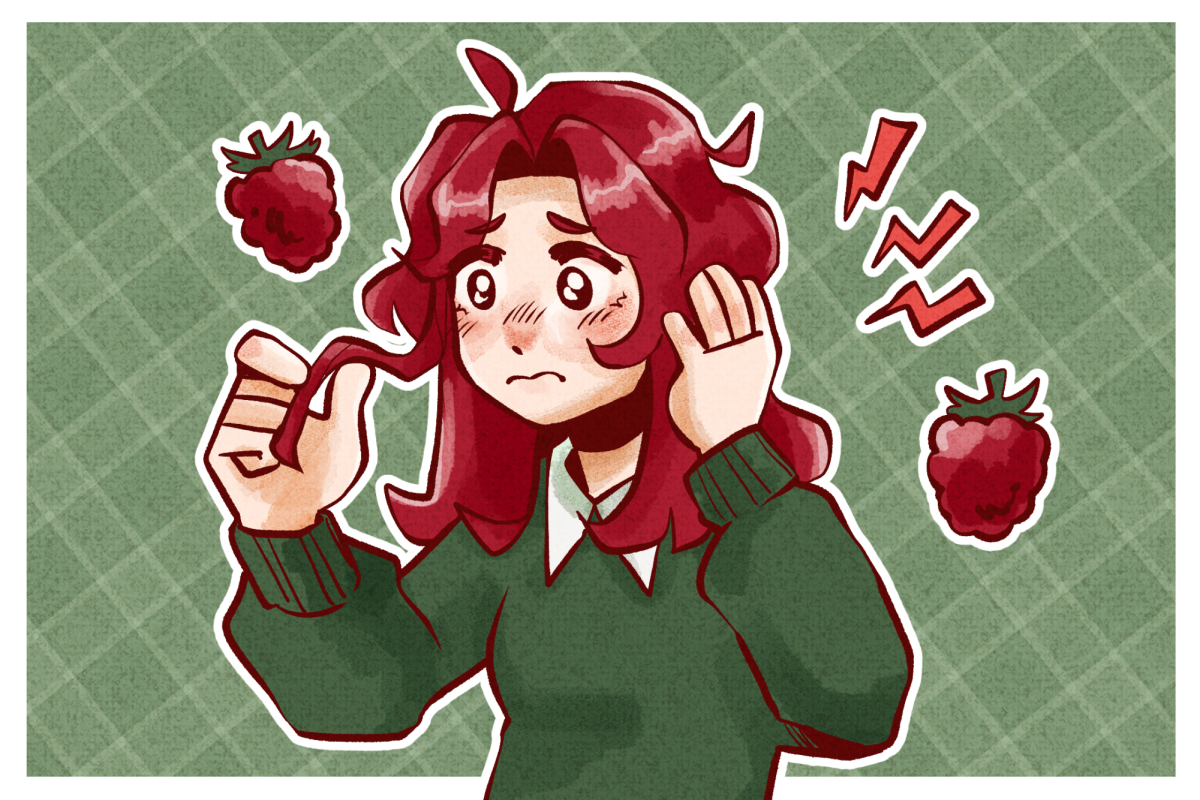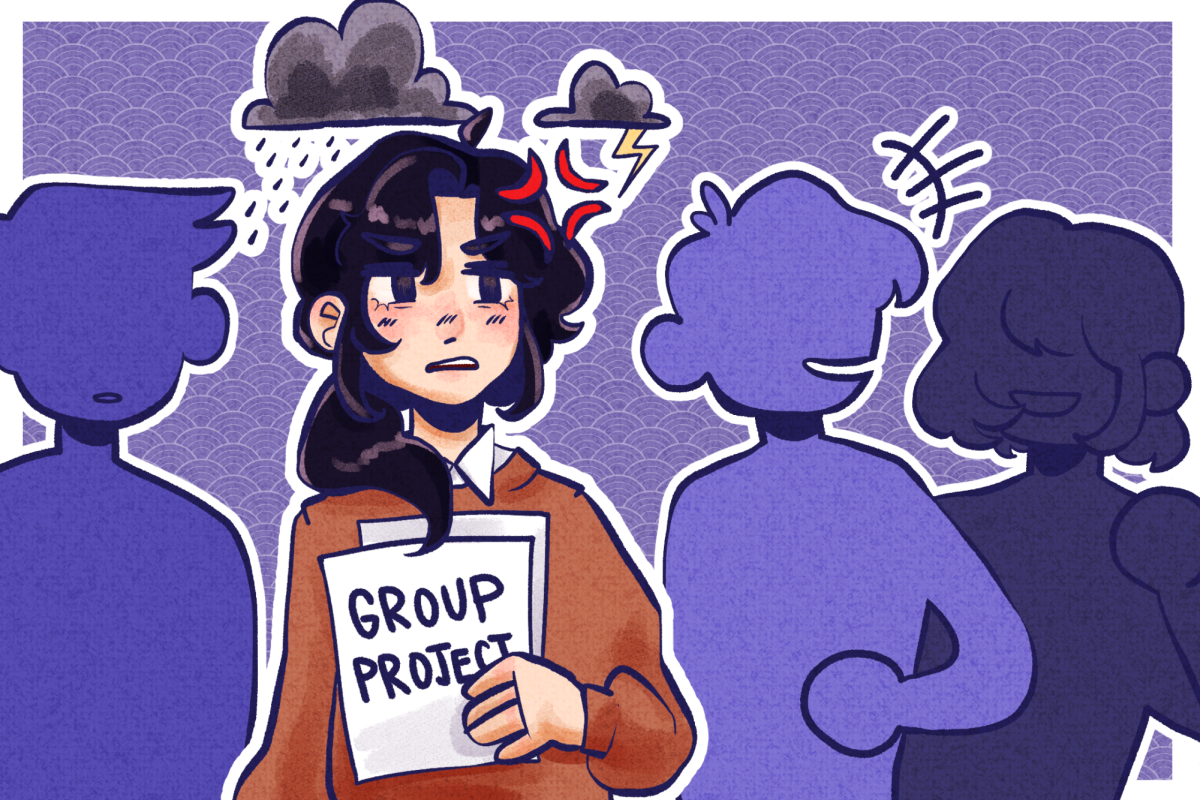It’s both a devastation and a strange kind of rebirth to witness the collapse of everything you once knew — your sense of self and purpose — crumbling beneath you. It leaves you raw, untethered and terrifyingly free.
Who am I when I’m no longer fighting? When I’m not pushing against something? Who am I beyond pain?
That question haunts me — not in some abstract, philosophical way, but in a real, guttural, this-is-my-life kind of way. For so long, pain has been the axis around which everything in me rotated. My identity. My writing. My sense of purpose.
Everything ties itself to the ache of being misunderstood, of being split. Of being Black but not Black enough. Of being told that my Blackness wasn’t mine to claim — that it was something to resist, something I’d been brainwashed into believing I could hold.
I wrote through that pain. I wrote because of it. The writing was beautiful — sharp, unflinching, precise. I made people stop and say, “Wow.” I made them cry. I made them gasp. I made them see.
Get The Daily Illini in your inbox!
But here’s what I can’t stop thinking about: What were they seeing?
Were they seeing me as a writer — someone crafting a story and nuance? Or were they seeing me as a spectacle? The sad Black girl with a broken family and a wounded heart offering up her trauma like a performance?
I’m tired of that. Pity, rather than respect, greets my work. I’m tired of messages like, “I feel like you’re always going through it. I hope you’re OK,” as if my work is a cry for help — not a crafted narrative, or a deliberate act of storytelling.
I don’t want sympathy. I don’t want to be mourned or consumed. I don’t want to be flattened into a symbol of suffering. I want to be recognized not for my pain, but for my personhood — my voice, my complexity and all that makes me whole. I want readers to wrestle with my work, not just react.
Because pity flattens. Pity reduces everything I’ve built into a spectacle of suffering like it’s just another episode in a long, tragic series. Many don’t engage with my work as thought or as craft. They see a wound, not a writer.
I almost published a piece that scorched the earth — raw, relentless, a firestorm that laid bare the sickness of whiteness woven through my paternal bloodline. It was personal, but not just for me. It was about the way whiteness distorts, shames and silences — even within families.
I wrote about my grandmother and how her words didn’t just hurt — they shaped me. She spoke with a quiet authority that made me question my own Blackness. She saw it as something foreign, something unnatural in me. Something that had to be “resisted.”
I called out how those ideas — how whiteness itself — had infected my identity. Her belief that Blackness was a stain I had been “brainwashed” into embracing wasn’t just hers, it was generational. Passed down like an heirloom, polished and protected.
And for a moment, writing it all down felt like justice. Righteous, like freedom.
I almost put it out there as my final word. It would have been a declaration — that I had been wronged, that I had broken free and that I finally saw both whiteness and my paternal lineage for what they truly were. I wrote it with fire, every sentence burning with conviction.
But I chose not to publish it. Not because it wasn’t true. Not because I was afraid. But because I’m tired of performing my pain, of explaining my Blackness, of playing a game that was never mine to win.
My reverend told me, “You keep punching at people who aren’t punching back.”
At first, I rejected that idea. I thought to myself, “Just because they’re silent now doesn’t mean they didn’t strike first.” They hurt me when they abandoned me. They hurt me when they called me slurs. They hurt me most when they made me feel ashamed of half of who I am.
If I’m still swinging, it’s because they swung first.
But what happens when I keep swinging long after they’ve walked away? What happens when my words land like desperation instead of justice?
That’s what I didn’t want to face. My reverend made me confront it. The people who harmed me have moved on. And I was still here, writing about them, to them, fighting to be understood by people who don’t care to understand me.
So I asked myself, what would happen if I stopped? If they don’t care, who am I fighting for?
Am I trying to win a battle against people who aren’t even on the battlefield anymore? And if so, what does winning even look like?
Because once the anger fades, what’s left is grief. And grief is harder to sit with than rage.
Pain is seductive. It demands you to feel and acknowledge it. It offers clarity, but a cruel kind. It convinces you that it’s the only thing that’s real. The only thing worth writing, worth remembering. Anger becomes a weapon. Grief becomes a compass. Sadness becomes a tether to meaning.
That’s the trick: Pain doesn’t just demand you feel it — it begs to be justified. It makes you believe that if you dig deep enough into its roots and bleed enough onto the page, you’ll find the truth.
But pain isn’t truth. It isn’t wisdom, and it certainly isn’t clarity. Pain is a wound — and the more you feed it, the more it grows, until it consumes everything.
It was easy to believe my pain was my most honest self. That my suffering was what made me sharp, what gave me purpose. But what if I built an identity around the fight? What happens when the battle ends?
Who am I then?
I forced myself to remember the moments when I wasn’t in pain — when I felt peace and joy, even love. Were those moments any less real? Or just quieter?
I wrote best when I wrote about pain. That was the pattern. Pain gave my words urgency. The deeper the wound, the sharper the language. The more I suffered, the more profound I seemed.
But that’s the fear, right? That without pain, the words will dry up. That joy isn’t literary enough. That joy is too soft, too quiet and too fleeting to be important.
But maybe that’s the trick.
Because joy — real, sustaining joy — isn’t loud. It doesn’t claw at you. It’s soft. Gentle. And it asks for something pain never does: trust.
Trust that it will last. That you deserve it. That it’s worth writing about.
So here’s the challenge: Can I write just as powerfully about love? About joy? About healing? Not in a sugar-coated way but in a way that holds all of it: the struggle, the weight, the beauty of still choosing to live?
I want to show people that surviving isn’t the only goal but that living also is. I can give people language for their struggles but I can also give them something beyond that: a reason to hope and believe in something more.
Maybe the real challenge isn’t throwing another punch. Maybe it’s learning to put my hands down, not because they deserve mercy or because I’m “letting go,” but because I deserve peace.
Because I deserve happiness — and so do you, whenever you read my words.
If I can master writing about fullness how I’ve mastered writing about emptiness, then I’m unstoppable.
I’m trying something radical: stepping back, pausing and letting myself be still.
What if I let myself imagine a future not built on what I’ve endured but on what I still have the power to build?
Jasmine is a sophomore in Media.



